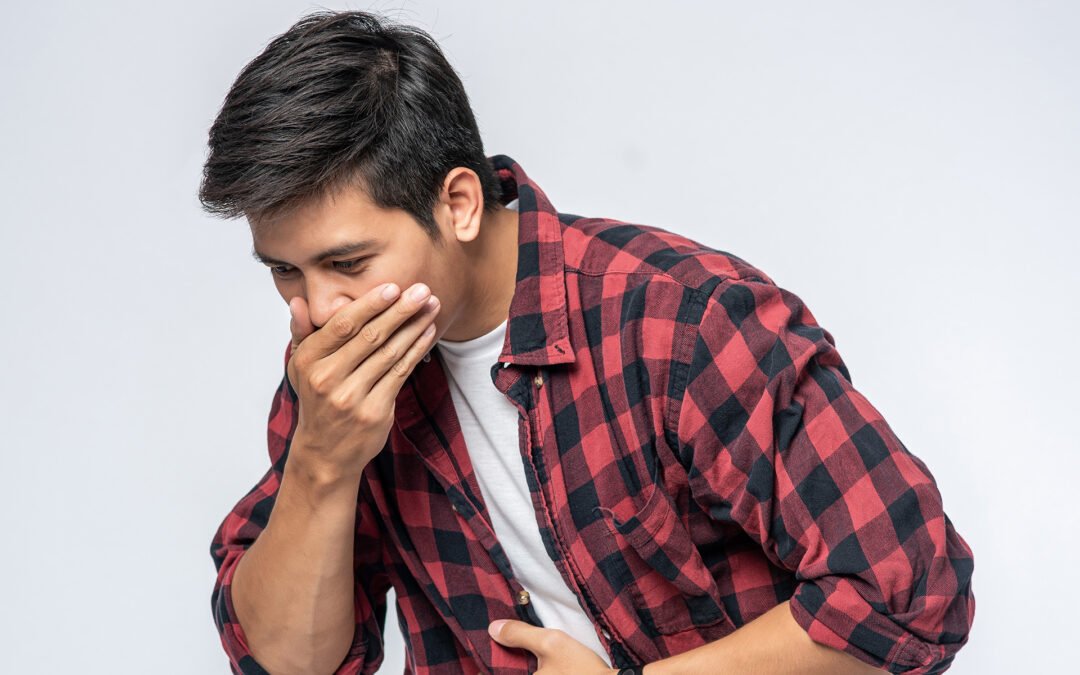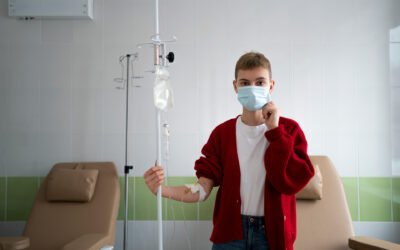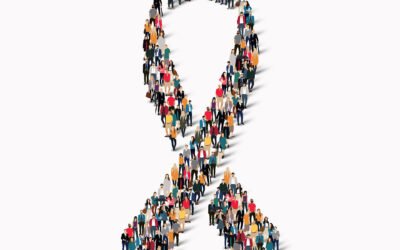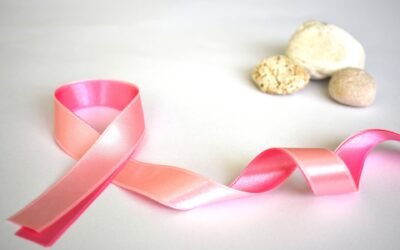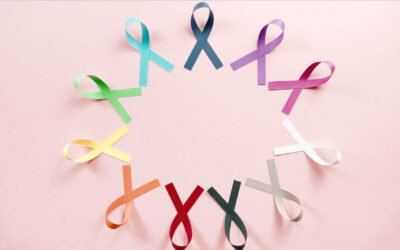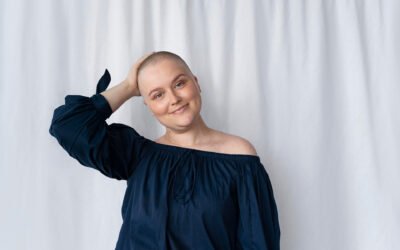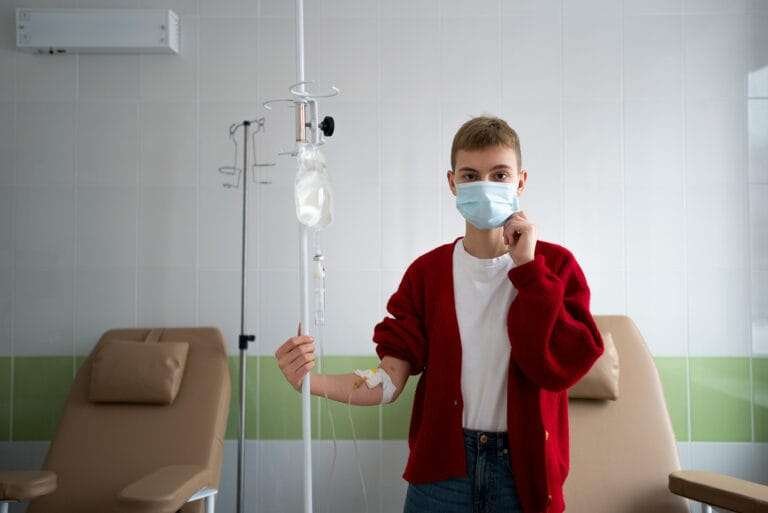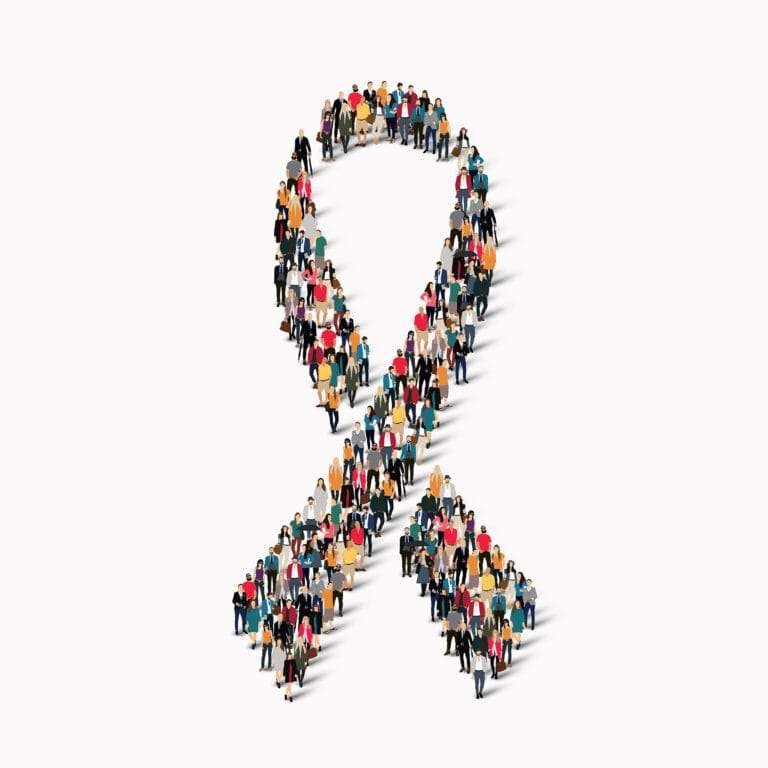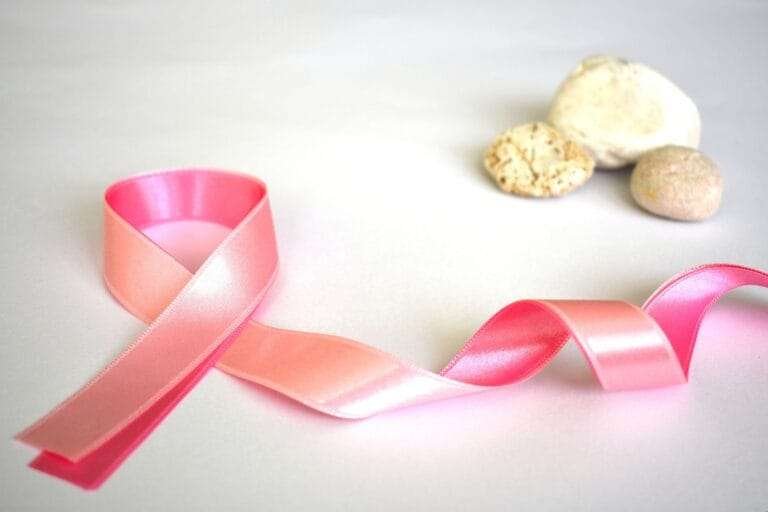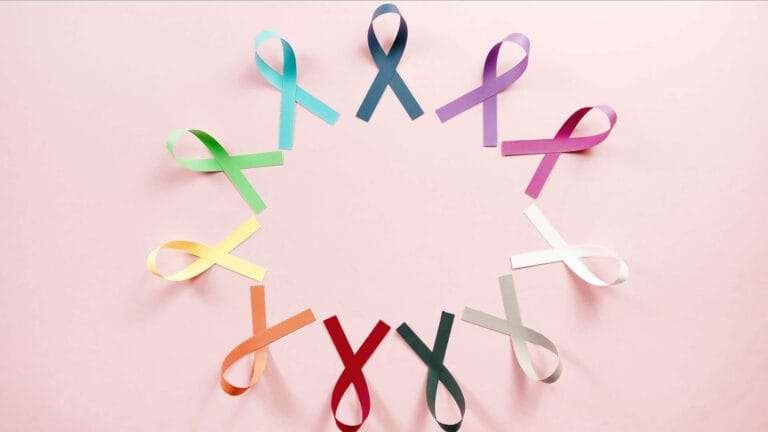Nausea and vomiting:
Nausea and vomiting are common side effects of cancer treatment, including chemotherapy, radiation therapy, and certain medications. Managing these symptoms effectively can improve your comfort and quality of life during treatment. Here are some tips for managing nausea and vomiting:
- Medications: Your healthcare provider may prescribe anti-nausea medications (antiemetics) to help prevent or reduce nausea and vomiting. Medicines are Netupitant, Fosaprepitant, Aprepitant. Take these medications as directed, even if you’re not currently experiencing symptoms.
- Stay Hydrated: Drink plenty of fluids throughout the day to stay hydrated. Sip small amounts of clear fluids, such as water, ginger ale, herbal teas, or electrolyte solutions, to help prevent dehydration.
- Eat Small, Frequent Meals: Instead of large meals, try eating small, frequent meals throughout the day. Choose bland, easy-to-digest foods such as crackers, toast, rice, bananas, applesauce, or clear broth soups.
- Avoid Trigger Foods: Avoid foods and smells that trigger nausea or make it worse. This may include greasy, spicy, or strong-smelling foods.
- Eat Cold or Room Temperature Foods: Hot foods and strong odors can sometimes worsen nausea. Opt for cold or room temperature foods and drinks that are less likely to trigger nausea.
- Ginger: Ginger has natural anti-nausea properties. Consider adding ginger to your diet in the form of ginger tea, ginger candies, or ginger ale.
- Acupressure: Some people find relief from nausea and vomiting through acupressure. Try wearing acupressure wristbands or applying pressure to the P6 acupressure point on your inner wrist.
- Relaxation Techniques: Stress and anxiety can exacerbate nausea. Practice relaxation techniques such as deep breathing, meditation, guided imagery, or progressive muscle relaxation to help reduce stress levels.
- Fresh Air: Spending time outdoors or in well-ventilated areas with fresh air may help alleviate nausea. Open windows or use a fan to improve air circulation in your home.
- Rest: Get plenty of rest and sleep to help your body recover from cancer treatment. Fatigue can worsen nausea, so listen to your body and rest when needed.
If you experience severe or persistent nausea and vomiting that interfere with your ability to eat, drink, or perform daily activities, notify your healthcare provider. They can adjust your treatment plan or prescribe additional medications to help manage these symptoms effectively. Remember that managing nausea and vomiting is an important part of cancer care, and your healthcare team is there to support you throughout your treatment journey.
Different types of nausea and vomiting are caused by chemotherapy, radiation therapy, and other conditions.
Nausea and vomiting can occur before, during, or after treatment.
Types of nausea and vomiting include:
● Acute: Nausea and vomiting occurring within 24 hours of treatment initiation.
● Delayed: Nausea and vomiting that occurs more than 24 hours after chemotherapy. It is also known as delayed nausea and vomiting.
Contraindications: Nausea and vomiting before starting chemotherapy treatment. If a patient has nausea and vomiting after a previous chemotherapy session, he may experience nausea and vomiting before the next treatment. It usually starts after the third or fourth treatment. The smells, sights, and sounds of the treatment room may remind the patient of earlier times and trigger nausea and vomiting before the chemotherapy session begins
Breakthrough: Nausea and vomiting occur within 5 days of receiving anti-nausea therapy. Also different medications or dosages are needed to prevent nausea and vomiting
Refractory: Nausea and vomiting unresponsive to medications.
Chronic: Nausea and vomiting persist for some time after the end of treatment.
Relevant FAQs
கீமோதெரபி சிகிச்சைக்கு பக்க விளைவுகள் உண்டா?
ஆம், கீமோதெரபி பல பக்க விளைவுகளை ஏற்படுத்தும், இது கீமோதெரபி மருந்துகளின் வகை மற்றும் அளவைப் பொறுத்து மாறுபடும், அத்துடன் ஒட்டுமொத்த ஆரோக்கியம் மற்றும் சிகிச்சைக்கான சகிப்புத்தன்மை போன்ற தனிப்பட்ட காரணிகளைப் பொறுத்து மாறுபடும். கீமோதெரபியின் சில பொதுவான பக்க விளைவுகள்...
புற்றுநோய் வராமல் தடுப்பது எப்படி?
புற்றுநோய் தடுப்பு மற்றும் ஆரம்ப நிலையிலேயே கண்டறிதல் என்பது மிகவும் முக்கியமானது. பின்வரும் வழிமுறைகள் புற்றுநோயைத் தடுக்க மற்றும் ஆரம்பத்திலேயே கண்டறிய உதவும்: புற்றுநோய் தடுப்பு வழிமுறைகள் புகையிலை மற்றும் மது அருந்துவதைத் தவிர்க்கவும்: புகைபிடித்தல் மற்றும்...
புற்றுநோய் என்றால் என்ன
புற்றுநோய் என்றால் என்ன? புற்றுநோய் என்பது செல்கள் கட்டுப்பாடின்றி பெருகுவதால் ஏற்படும் நோயாகும். புற்றுநோய் மிக வேகமாக மற்றும் தன்னியக்கமாக அதிகரிக்கும் செல்களால் உடல் முழுவதும் பரவக்கூடியது. புற்றுநோய் பல்வேறு காரணிகளால் உண்டாகலாம், அதில் மரபணு மாறுபாடுகள்,...
What are the most common cancers, symptoms and causes
List of Cancer diseases in India Prostate Cancer Prostate cancer is a type of cancer that develops in the prostate gland, a small gland present in the male reproductive system. Prostate cancer is one of the most common types of cancer in men, particularly in older...
What causes chemotherapy hair loss?
Chemotherapy drugs are designed to target and kill rapidly dividing cells, such as cancer cells. Unfortunately, they can also affect other rapidly dividing cells in the body, including those in the hair follicles. This interference with the hair follicles' growth...
Does Chemotherapy have side effects?
Yes, chemotherapy can have several side effects, which can vary depending on the type and dosage of chemotherapy drugs, as well as individual factors such as overall health and tolerance to treatment. Some common side effects of chemotherapy include: Nausea and...

